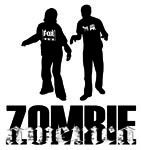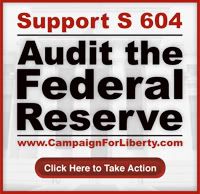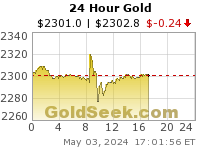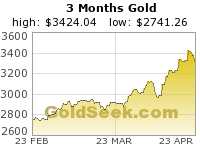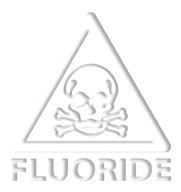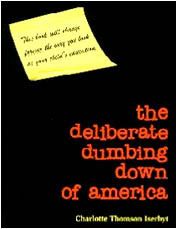(NaturalNews) Even the giant hand of Monsanto was not big enough to ram down the throats of consumers milk from growth hormone treated cows. It now wants to exit the artificial growth hormone business, by selling Prosilac, the unit that makes it.
This action comes in the wake of increasing consumer refusal to purchase dairy products treated with the hormone, known as recombinant bovine growth hormone (rBGH), and introduction of legislation requiring the New York State Department of Agriculture and Markets to issue quality seals for milk products that are free of the synthetic hormone. The legislation would also require all who use the seal to allow the Department to draw blood from their milking herds, examine historical milk production records, inspect medicine storage places and perform other inspections necessary to verify synthetic rBGH–free compliance with the trademark criteria.
Controversy over rBGH has raged since an FDA decision fifteen years ago allowed milk and dairy products from cows injected with Monsanto's rBHG to be marketed without being labeled as containing the artificial hormone. Scientists and consumer advocates warned from the start that boosting the production of milk from a dairy cow treated with the powerful hormone by 15 percent was a bad idea. But Monsanto was unwilling to take 'no' for an answer.
Instead, it began a campaign of market manipulation, suppressed information, and smear tactics meant to spread doubts about hormone-free milk. When milk sellers tried to sell milk from untreated cows, Monsanto sued them claiming they were misleading their customers into thinking that milk from untreated cows is better, and lobbied the government to outlaw labels telling whether the cows had been treated with growth hormones. In violation of free market principles, Monsanto sought to prevent milk drinkers from knowing what is in the milk they drink.
Despite these maneuvers, the voices of customers became loud enough to force Wal-Mart, Kroger and Publix among other retailers to refuse to sell house-branded milk from treated cows. Even the fresh milk sold by Dean Foods, the nation's largest milk bottler, now comes exclusively from cows not treated with the hormone.
In the face of all this, officials at St. Louis based Monsanto say their decision to exit the rBGH business was not related to retail trends, and claim that business for Prosilac remains brisk although it has not released recent sales numbers.
Use of rBGH was approved by the FDA in 1993. It was one of the first applications of genetic engineering used in food production. Although injecting rBGH into cows results in increased milk production by about a gallon a day, it has always been a tough sell to dairy farmers because use of the hormone causes a cow's useful life to be shortened and compromised. The list of issues resulting from rBGH includes reproductive complications, lameness, pus in the milk, and higher rates of udder infections that must be treated with powerful antibiotics.
In humans consuming milk from rBGH treated cows, the outcomes may be even worse. Milk from injected cows contains high levels of insulin-like growth factor (IGF-1) that some believe is a promoter of cancer. Although no cause and effect relationship has been established, a number of studies have indicated that people with higher levels of IGF-1 in their bodies suffer from higher rates of colon and breast cancer. IGF-1 is also immunogenic and may pose a threat to people with overactive immune systems.
Use of rBGH is also hard on many farmers since it artificially increases the supply of milk on the market, driving down prices paid to smaller farmers and giving large farmers using confinement a competitive edge.
Consumers have been wary of rBGH since its introduction. Polls have consistently shown that 80 to 95 percent of people want mandatory labeling on dairy products made from rBHG so they can avoid buying them. But the FDA has consistently ignored the wishes of the taxpayers it works for and is mandated to protect, and declared that it would not require labeling, thus keeping consumers from knowing what they are buying.
In response to the FDA ruling, activists dumped hormone containing milk outside supermarkets across the country. Many dairies refused to use rBGH and demanded the ability to label their products as rBGH free, leading Monsanto to respond by lobbying the federal government to allow rBGH and genetic engineering in organics and to outlaw rBGH labels.
When the FDA and the FTC balked, Monsanto turned to lobbying state legislatures to get its way. But irate consumers have made their voices heard, as the recent legislation introduced in New York exemplifies.
